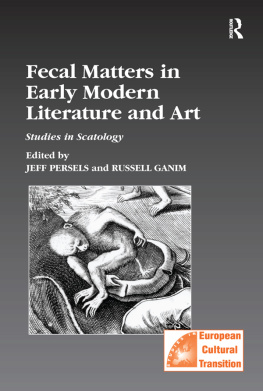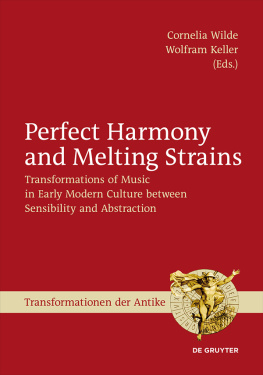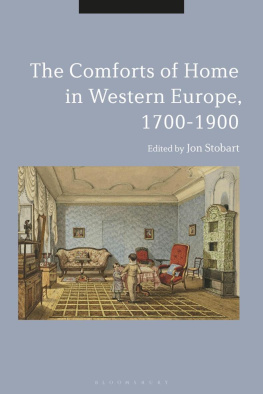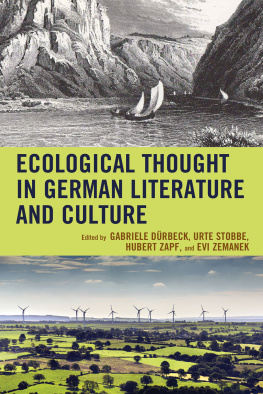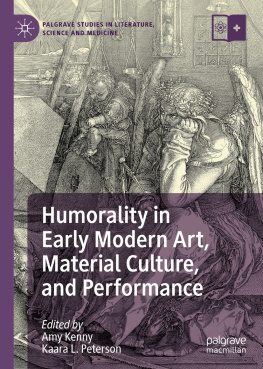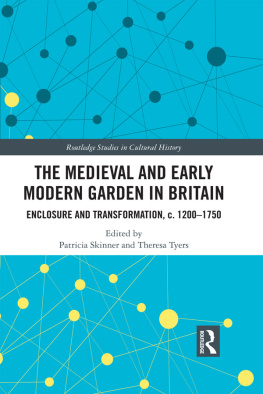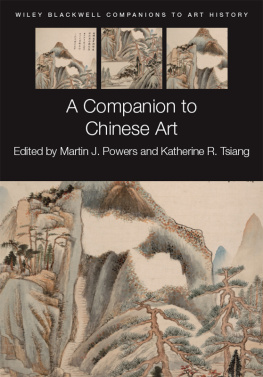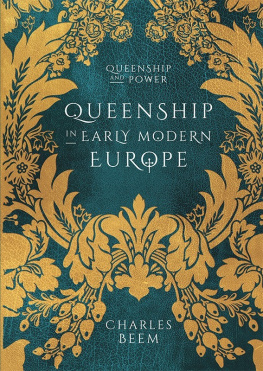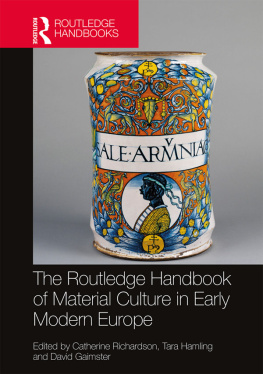FECAL MATTERS IN EARLY MODERN LITERATURE AND ART
To Erasmus, patron saint of intestinal disorders
Ora pro nobis.
He works with human excrement what is rejected, what is accounted of no worth to mankind and in it I suppose he hopes to discover something that is of worth.
Robertson Davies, The Rebel Angels
Fecal Matters in Early Modern Literature and Art
Studies in Scatology
Edited by
Jeff Persels
Russell Ganim
Studies in European Cultural Transition
Volume Twenty One
General Editors: Martin Stannard and Greg Walker

First published 2004 by Ashgate Publishing
Published 2016 by Routledge
2 Park Square, Milton Park, Abingdon, Oxon OX14 4RN
711 Third Avenue, New York, NY 10017, USA
Routledge is an imprint of the Taylor & Francis Group, an informa business
Copyright Jeff Persels and Russell Ganim 2004
The editors have asserted their moral right under the Copyright, Designs and Patents Act, 1988, to be identified as the editors of this work.
All rights reserved. No part of this book may be reprinted or reproduced or utilised in any form or by any electronic, mechanical, or other means, now known or hereafter invented, including photocopying and recording, or in any information storage or retrieval system, without permission in writing from the publishers.
Notice:
Product or corporate names may be trademarks or registered trademarks, and are used only for identification and explanation without intent to infringe.
British Library Cataloguing in Publication Data
Fecal matters in early modern literature and art : studies
in scatology. (Studies in European cultural transition)
1. French literature 16th century History and criticism
2. French literature 17th century History and criticism
3. English literature Early modern, 1500-1700 History and criticism 4. German literature Early modern, 1500-1700 History and criticism 5. Scatology in literature 6. Scatology in art
I. Persels, Jeff II. Ganim, Russell
809.9335309031
Library of Congress Cataloging-in-Publication Data
Fecal matters in early modern literature and art : studies in scatology / edited by Jeff Persels and Russell Ganim.
p. cm. (Studies in European cultural transition)
Includes bibliographical references (p. ) and index.
ISBN 0-7546-4116-3 (alk. paper)
1. Scatology in literature. 2. Scatology in art. I. Persels, Jeff. II. Ganim, Russell. III. Series.
NX650.S28F43 2004
700.453dc22
2003023570
ISBN 13: 978-0-7546-4116-2 (hbk)
Contents
Barbara C. Bowen
Geoffrey R. Hope
David LaGuardia
Jeff Persels
Emily E. Thompson
Russell Ganim
Jeanne Morgan Zarucchi
Glenn Ehrstine
Josef Schmidt, with Mary Simon
Alison G. Stewart
Joseph Tate
Peter J. Smith
The European dimension of research in the humanities has come into sharp focus over recent years, producing scholarship which ranges across disciplines and national boundaries. Until now there has been no major channel for such work. This series aims to provide one, and to unite the fields of cultural studies and traditional scholarship. It will publish the most exciting new writing in areas such as European history and literature, art history, archaeology, language and translation studies, political, cultural and gay studies, music, psychology, sociology and philosophy. The emphasis will be explicitly European and interdisciplinary, concentrating attention on the relativity of cultural perspectives, with a particular interest in issues of cultural transition.
Martin Stannard
Greg Walker
University of Leicester
Versions of the articles in this volume, with the exception of Josef Schmidts, were originally presented over two years at annual meetings of the Sixteenth Century Society, in sessions specifically devoted to scatological rhetoric. The editors wish expressly to thank the following: their fellow scatologs, for their contributions to this volume and endurance in seeing it through to completion; Erika Gaffney, for being an early and resilient champion of this project; Dora Polachek, for her valued contributions to the above-mentioned SCSC sessions; Mary McKinley and George Hoffmann, for their stylistic good sense; Peter Bleed for his advice on anthropological references; Joy Suder and Jason Cruise for their technical assistance; Karen James and the helpful staffs of the libraries and archives who provided information regarding or prints of the actual images reproduced in the volume; and finally, the mature patience and loving tolerance of Lisa Roberts, Madeleine Roberts-Ganim and Brigitte Guillemin Persels, as well as of the friends and colleagues of two men who still delight in playing in the dirt and who have found there great spiritual, if not material, riches.
Barbara C. Bowen taught for 25 years at the University of Illinois in UrbanaChampaign and for 15 years at Vanderbilt University, before retiring in 2002. She has published or edited 10 books and 60 articles on Renaissance literary topics from Rabelais and Montaigne to art history and German Humanism, but most of her work relates in some way to Renaissance humor. After a dissertation on French farce from 1450 to 1550, she has explored wit and the comic in Rabelais, Tahureau, Beroalde de Verville, sixteenth-century emblems, and facetiae (jokes/jests) in a variety of languages.
Glenn Ehrstine is Associate Professor of German at the University of Iowa. He is the author of Theater, Culture, and Community in Reformation Bern, 15231555 (Brill, 2002), winner of the 2003 David Bevington Award of the medieval and Renaissance Drama Society. His current research concerns devotional imagery and the representation offigurae in late medieval theater.
Russell Ganim is Associate Professor of French and Chair of the Department of Modern Languages at the University of NebraskaLincoln. He has published on the French Baroque Lyric (Renaissance Resoncance: Lyric Modality in La Ceppdes Thormes, Rodopi 1998), and co-edited with Anne L. Birberick The Shape of Change: Essays in Early Modern Literature in Honor of David Lee Rubin (Rodopi 2002). He is also co-editor of EMF: Studies in Early Modern France and its monograph series, EMF Critiques.
Geoffrey R. Hope is Professor of French in the Department of French and Italian at the University of Iowa. He has published an edition of the Descriptions potiques by Jean de Bussires (PFSCL) and an edition of the Violier des histoires rommaines (Droz). Currently, he is working on an anthology of poetry for students who read French at an advanced level but who are still novice readers of poetry.
David LaGuardia is an Associate Professor of French and Comparative Literature at Dartmouth College. He has published on the French nouvelle (The Iconography of Power: The French Nouvelle at the End of the Middle Ages, University of Delaware Press, 1999), Rabelais, Blaise de Monluc, and Marguerite de Navarre. He is currently at work on a manuscript devoted to masculinity in sixteenth-century French literature, and is planning a long-term project on personal memoirs of the period.

